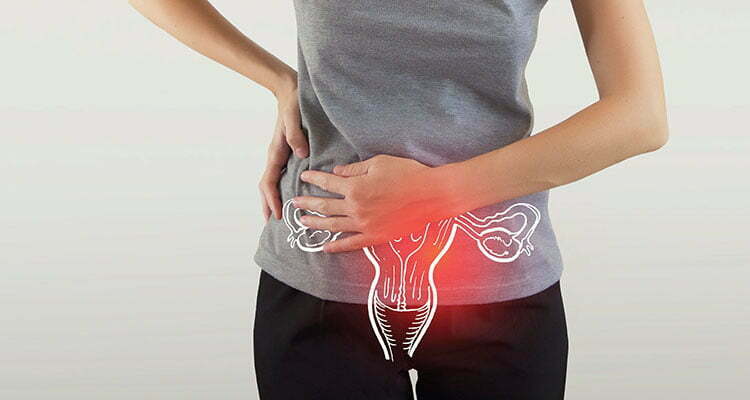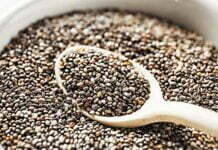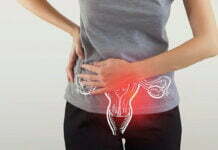PCOD (Polycystic Ovary Disease) and PCOS (Polycystic Ovary Syndrome) are two common hormonal disorders that affect women. Both of these conditions involve an imbalance in hormone levels, particularly increased levels of androgens (male hormones) which can cause a range of symptoms. Despite being used interchangeably, PCOD and PCOS are not exactly the same thing, although there is some overlap in symptoms.

PCOD is a condition in which the ovaries contain multiple cysts or fluid-filled sacs. These cysts are not harmful in themselves but indicate an imbalance in hormone levels. PCOD is primarily diagnosed through an ultrasound scan of the ovaries. Women with PCOD can experience irregular menstrual cycles, infertility, acne, excessive hair growth, and weight gain. PCOD is often caused by insulin resistance and high levels of insulin in the body. This causes the ovaries to produce more androgens, which in turn disrupts the normal hormonal balance in the body.
On the other hand, PCOS is a broader condition that involves not just the presence of cysts on the ovaries, but also other symptoms related to hormone imbalances. These may include irregular periods, acne, weight gain, hair loss or excess hair growth, and difficulty getting pregnant. Additionally, women with PCOS may also experience metabolic syndrome, a group of conditions such as high blood pressure, high blood sugar, and abnormal cholesterol levels that increase the risk of heart disease and diabetes. In many cases, PCOS is also associated with insulin resistance.
One way to differentiate between PCOD and PCOS is to consider that PCOD refers specifically to the presence of cysts on the ovaries, while PCOS is a more comprehensive diagnosis that takes into account other symptoms and hormonal imbalances. However, since PCOD is often caused by the same underlying hormonal issues as PCOS, the two conditions are often discussed together.
While the exact causes of PCOD and PCOS are not fully understood, it is believed that genetic and environmental factors may play a role. Both conditions are more common in women who have a family history of hormonal disorders. Additionally, lifestyle factors such as diet, exercise, and stress can also impact hormone levels and may contribute to the development of these conditions.
The treatment for PCOD and PCOS is largely similar and is aimed at regulating hormone levels and managing symptoms. Women with these conditions may be prescribed medications such as birth control pills, which can help regulate menstrual cycles and reduce androgen levels. In some cases, insulin-lowering drugs may also be used to address insulin resistance. Lifestyle changes such as regular exercise and a healthy diet can also be effective in managing symptoms.
In summary, while PCOD and PCOS share some similarities, they are not the same thing. PCOD refers specifically to the presence of cysts on the ovaries, while PCOS is a broader diagnosis that takes into account other symptoms and hormonal imbalances. Both conditions are caused by hormonal imbalances, and treatment typically involves medications to regulate hormones and lifestyle changes to manage symptoms. If you are experiencing any of the symptoms associated with PCOD or PCOS, it is important to talk to your healthcare provider to determine the best course of treatment for you.












